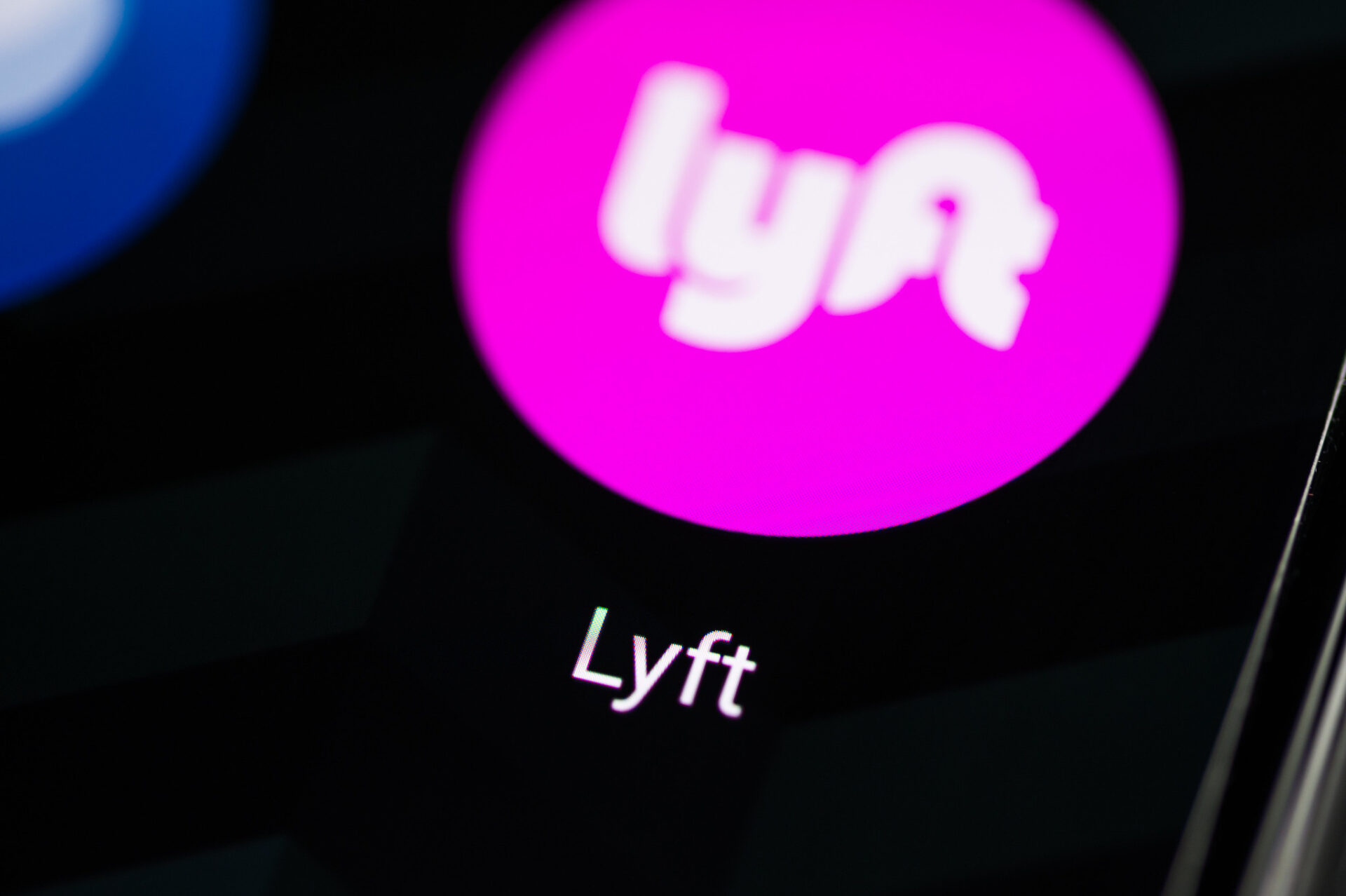Detroit-based rapper Dank Demoss, whose real name is Dajua Blanding, is making headlines after announcing a lawsuit against Lyft over what she claims was discrimination by a driver who refused to give her a ride due to her weight. The incident, captured in a now-viral video, shows Blanding arguing with the driver, who calmly explained that his vehicle couldn’t accommodate her.
“I can fit in this car,” Blanding insisted in the footage, to which the driver responded, “Believe me, you can’t.” While the driver apologized and assured her she wouldn’t be charged for the canceled ride, he also suggested she book a larger vehicle like an Uber XL to avoid further issues.
Following the incident, Blanding told Detroit’s FOX 2, “I’ve been in cars smaller than that. I just want them to know that it hurt my feelings.” She has since announced on Instagram that she’s suing Lyft, stating, “If I [don’t] stand for something, I’ll fall for anything.” She also thanked her legal team for “fighting for my community, my people, and making a change in the world.”
He denied her uber request because she was too big pic.twitter.com/S7qhm7mU0N
— Zaza Man (@Zazamyodor) January 25, 2025
In response to the controversy, Lyft issued a statement reaffirming its commitment to anti-discrimination policies, saying, “Lyft unequivocally condemns all forms of discrimination—we believe in a community where everyone is treated with equal respect and mutual kindness.”
The incident has sparked a fiery debate online, with social media divided over whether the driver was in the wrong. Many sided with him, arguing that it’s reasonable for a rideshare driver, who uses their personal vehicle, to decline service if they believe their car cannot safely accommodate a passenger.
“The driver has the right to deny service if it’s a valid safety concern. I think he made the correct decision,” one commenter said. Another added, “As a former rideshare driver, I’ve had overweight passengers bottom out my car and damage it. This is a reasonable concern.”
Others sympathized with Blanding’s feelings but acknowledged the complexity of the situation. “He wasn’t rude or trying to humiliate her. If his car couldn’t handle it, that’s a valid issue. This is his personal property,” wrote one Instagram user, adding, “Sometimes we just have to understand the reality of our size and adapt.”
While the case unfolds, the incident raises questions about the intersection of personal responsibility, vehicle limitations, and the legal obligations of rideshare companies to balance inclusivity with practicality.


Leave a Comment